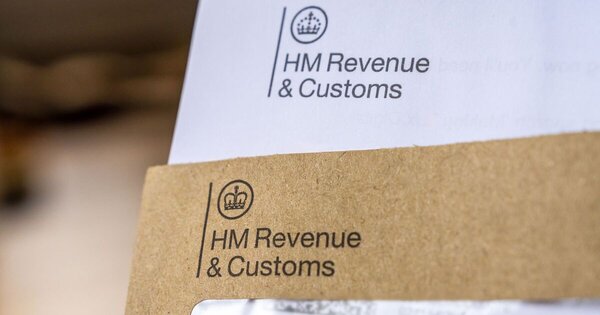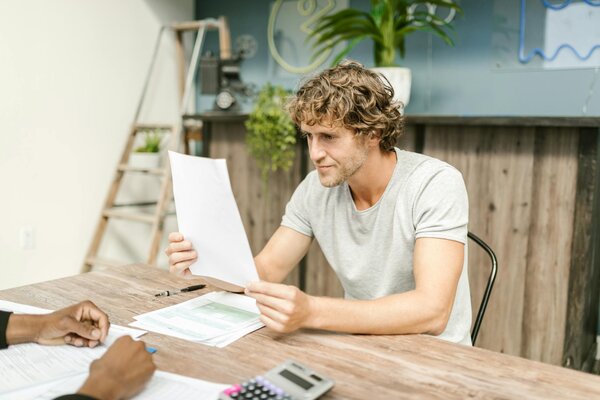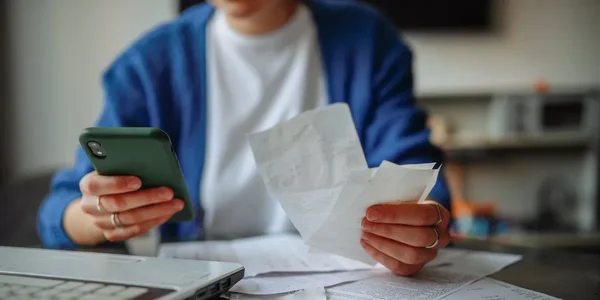Being self employed has many advantages over working for someone else. So much so that once people get a taste of self-employment few ever return to the ranks of the world’s employees. But working for yourself isn’t all sunshine and puppy dogs. For starters if you are not the self-motivated kind you’re going to find it a difficult row to hoe. On top of that you are responsible for making sure your self assessment tax is paid in full and on time. Which raises the question: Where can you get help with self assessment (UK)? The answer is… right here.
First Things First: Do You Need to Perform Self Assessment?
Before you start stressing over self assessment, first determine if self assessment applies to you. It does if you meet any of the following criteria:
•Your taxable income was more than £100,000.
•Your self employment income was more than £1,000 before deductions.
•You received more than £2,500 in rent from a property you own.
•You made more than £2,500 in tips, commissions or other untaxed income.
•You earned more than £10,000 in savings interest or investment income.
•You qualified for capital gains tax from selling assets.
•Your income or that of your partner was more than £50,000 and you claim a child benefit.
•You live abroad but earn income from a UK source.
•You live in the UK but earn income from a foreign source.
•You had a state pension that was more than the personal tax allowance.
If you are an employee who paid taxes via the PAYE system you usually don’t need to perform self assessment unless you earned more than £100,000.


Registering for Self Assessment
If it is your first time paying tax on non-employee income you will need to register for self assessment. Be mindful that registration must be completed by October 5. Being late can result in fines. The following details the process of registering for self assessment
Step 1: Gather Relevant Documents
Make sure you have all relevant documents at hand that detail your income and its sources. That includes bank statements, pay slips and supporting documents detailing rental income, savings interest and investment income.
Step 2: Create a Gateway Account
In order to perform self assessment you need a government gateway account. This will be the platform you use to interact with HMRC. To create an account go to the HMRC website and tap “sign in or create an account”. After that tap “create sign in details”, and then follow the instructions. When you’re done tap “continue”. You now have a gateway account.
Step 3: Fill Out and Submit the Self Assessment Registration Form
Once you have a gateway account you will need to fill out the registration form for self assessment. Be thorough when doing so because the HMRC will use this form as the basis for its relationship with you. When you are certain you have completed the registration form tap the “submit” button.
Once you have registered a Unique Taxpayer Reference (UTR) number will be sent to you. Do not lose it, misplace it or share it with anyone else.
Now that you have your government gateway account and UTR you can submit your self assessment. Before you begin make sure you have all of the following at hand:
•Your 10-digit UTR.
•Your national insurance number.
•All relevant income-related documents.
•Records detailing your self-employment related expenses.
•Records indicating charitable contributions.
If you have already paid tax on some income you will need to have a P60 or other record indicating the payment at the ready as well.

Self Assessment Deadlines
The tax year runs from April 6 to the following April 5. With that in mind, you must:
•Register for self assessment for the tax year ending April 5 by October 5 or face fines.
•Submit a paper return by October 31.
•Submit a digital return by January 31.
•Pay all tax owed by January 31.
Get Help with Self Assessment (UK) with Pie
Pie was created with the self-employed in mind. If you are looking for a simple, straightforward way to handle your self assessment, as well as professional support every step of the way, it’s time to invest in the Pie’s Personal Tax Management Tools.
FAQs (Frequently Asked Questions)
Do I need to register for Self Assessment if I'm self-employed?
Yes, self-employed individuals must register for Self Assessment with HMRC if their annual income from self-employment exceeds the threshold set by HMRC.
What documents do I need to complete my Self Assessment tax return?
You will need various documents to complete your Self Assessment tax return, including records of your income, expenses, invoices, receipts, and any other relevant financial documents
When is the deadline for filing my Self Assessment tax return?
The deadline for filing your Self Assessment tax return online is usually 31st January following the end of the tax year. Paper returns must be filed by 31st October.
Can I claim expenses for working from home on my Self Assessment tax return?
Yes, self-employed individuals who work from home can claim certain expenses, such as utilities, internet, and a proportion of rent or mortgage interest, as allowable deductions on their Self Assessment tax return.
What penalties can I incur for late filing or payment of my Self Assessment tax return?
Penalties for late filing or payment of Self Assessment tax returns can vary depending on the severity of the delay and your tax liabilities. Penalties may include fines, interest on late payments, and legal action by HMRC. It's essential to file and pay on time to avoid these penalties.











